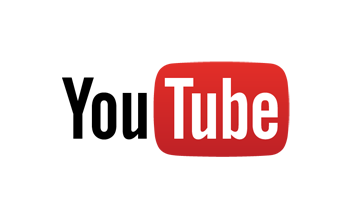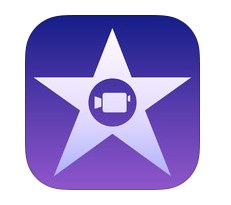How to Start a Podcast 2.0

Podcasting is a phenomenal and underrated way to grow your business. When it comes to online marketing, most business owners obsess and overspend on SEO. And if they are just starting out, they focus on social media sites like Twitter and Facebook. Those are the most common (and therefore overly saturated, overly competitive and often ineffective) ways to promote a business. To grow their business, entrepreneurs need more savvy marketing strategies, and podcasting is one such tactic. This article on how to start a podcast (2.0) will detail exactly why you should start a podcast, and how you can actually start one quickly.
PODCASTING COMBINES SEARCH AND SOCIAL MEDIA
One of my favorite advanced marketing strategies is to build a presence on platforms where content discovery is done by both search and social sharing. Search discovery ensures that people find your content on that platform, and if your content is good enough, you can grow organically (or virally if your content is exceptional) by people sharing your content that they discovered via search, helping you to reach scale.
Podcasts typically live on, and are discovered, on iTunes and Stitcher. Those are two large platforms where a large portion of content discovery is done via search. Additionally, you can video-record the podcast as well, and use the videos to grow your presence in YouTube.
 That gives you potentially large presence on four platforms where your potential customers can discover your business:
That gives you potentially large presence on four platforms where your potential customers can discover your business:
- iTunes (biggest podcasting platform)
- Stitcher (second biggest podcasting platform)
- YouTube
- Finally, since Google likes to add YouTube videos to search results, you also have a chance to get exposure through Google search via your YouTube videos.
And that, dear friends, is pretty awesome. This is one of the marketing strategies I use in my marketing plan book.
PODCASTING HELPS YOU NETWORK IN YOUR NICHE
Once you are able to reach a great scale of listeners organically, this gives your business a media component. Take a second and recall how most businesses constantly brainstorm about ways to get press coverage and publicity. Probably, you have spent quite a bit of time trying to get press coverage for your business as well. Having a large podcast or a YouTube presence makes you one of those very media platforms, and other businesses will be looking at you in hopes of getting exposure through your media platforms.
That means that you can do people favors now, and when you interview any business founder who may be a guest on your podcast or YouTube channel, you get a chance to start a very nice business relationship that can be mutually beneficial for a long time. And, of course, as you look for ways to get press coverage for your business, you can entice owners of other media channels to feature you by offering them a chance to get exposure through your channel, increasing your own chances of getting publicity from other sites, podcasts and blogs.
HOW TO START A PODCAST
Have I gotten you excited to start your own podcast? Great! There are two things you need to get started: 1) recording and editing equipment, and 2) hosting for your blog content.
First, you need recording equipment. The type of equipment you decide to get depends on your financial-risk tolerance, and various parts of your overall business strategy. If you want to be on YouTube in addition to a podcast, you will need a camcorder to record video. Most basic camcorders record great audio which is typically enough for a podcast in terms of audio quality. So for about $300 which is the price of a basic (but still very good) camcorder, tripod and basic lights, you can get going.
 Once you record your podcast, basic video/audio editing software is already on your computer for free if you have a mac. Learn to use iMovie and you should not need fancy editing equipment for a long time.
Once you record your podcast, basic video/audio editing software is already on your computer for free if you have a mac. Learn to use iMovie and you should not need fancy editing equipment for a long time.
A more important decision has to do with hosting for your podcast. Obviously, YouTube provides you with free hosting for your videos, but to host your audio, you will need to pay for hosting. The popular options are to either host with a service called Libsen, or on the existing hosting of your website. Audio files are not huge, but they are also not small. So think about how long each podcast episode will be, and how often you will post new episodes. I personally hosted my podcast from my own existing Web hosting account for which I was already paying, and that has worked out fine. But most podcasters use Libsen, so that would likely be the first place to look.
LAST PIECE OF PODCASTING ADVICE
Whatever you do, make sure that the episodes you release are absolutely great. You will only build a loyal audience who trust you if you create a great podcast that people truly enjoy and learn from. People will only take further steps to become customers of your business if they like and trust you.
And that is what your podcast has to ultimately accomplish.
Alex Genadinik is a mobile developer and the founder of Problemio, which is the company behind some of the most helpful mobile apps for planning and starting a business. Alex is also the author of Marketing Plan & Advertising Strategy To Reach 1,000,000 People.









